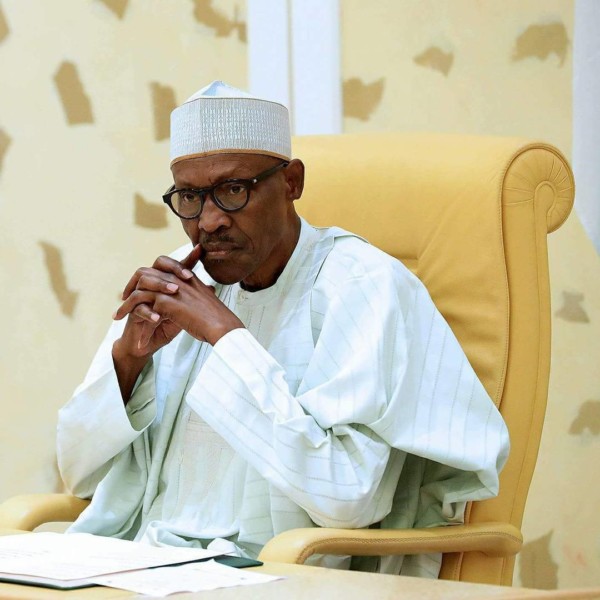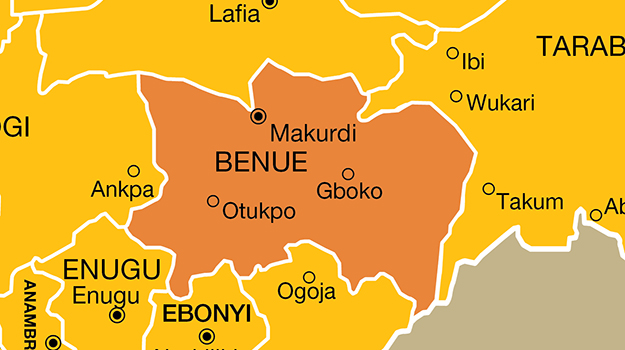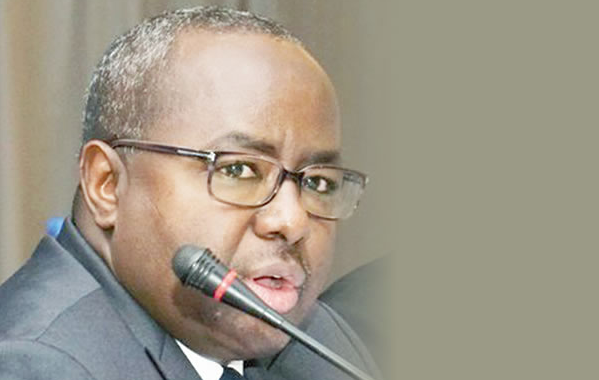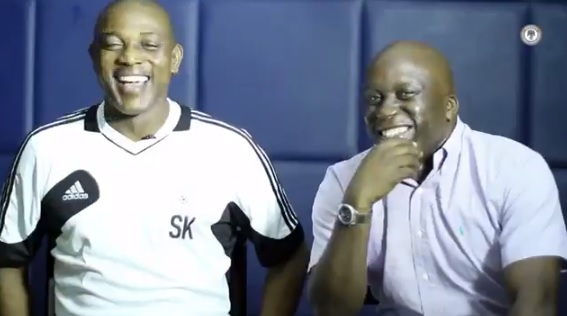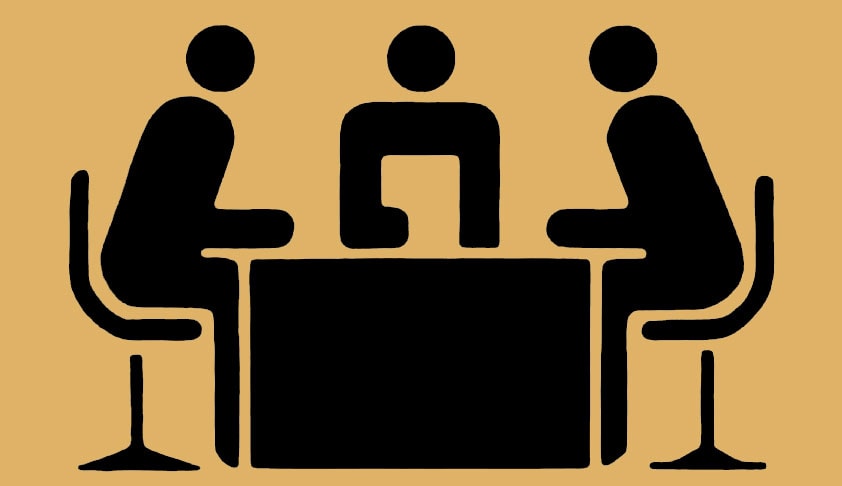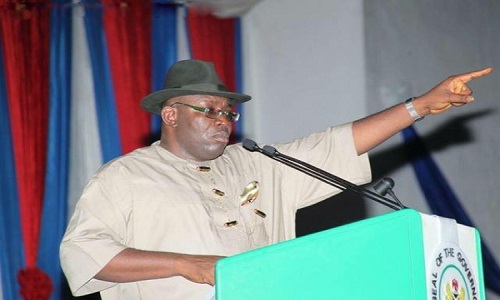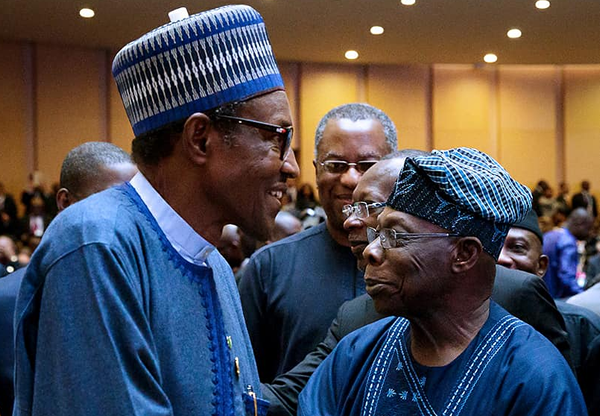Back in 2013 when Olusegun Obasanjo wrote his now famous letter ‘Before Is Too Late’ to President Goodluck Jonathan, every single newspaper sold out. Some publishers had to print extra copies. But they still weren’t enough. Copies and photocopies of the letter were printed on street corners and sold to a rattled public who seemed to have been jolted into consciousness from trance. It was a bestseller. Had the letter been a book, it would easily have been the most sold out book in Nigeria since independence. This spoke volumes about the political climate and general mood in the country.
It was a harbinger of what was to come; the fall of a sitting president and the non-stop rule of the People’s Democratic Party that lasted 16 long years. The impact of the letter was unimaginable and the response from the presidency was swift and uncompromising. And this only breathed more life into the message and impact of the letter. While a movement to oust Jonathan from power was already in formation, the letter was a signal for those on the sidelines, and others too fearful to go against a sitting government, to come out in the open.
Any suggestion that Obasanjo was the catalyst for the change that occurred in 2015 would be leaving out many pieces of the puzzle. If anybody other than Attahiru Jega had been INEC chairman, things most likely would have turned out differently. The same goes for the Chief Justice of Nigeria, Mahmud Muhammad. Buhari would probably have been disqualified and the elections suspended. Then there is the Bola Tinubu factor, Buhari himself, the Jonathan factor and the five governors that broke the PDP.
It would been hard to dislodge Jonathan if any one other than Buhari had been the opposition candidate just as Buhari would likely have failed if the PDP candidate had been from the north. But maybe the biggest piece of the jigsaw puzzle and the real catalyst for the change was the masses that made up the Buhari movement. And they are still out there, maybe their passions are longer running so high but they are very much still pro-Buhari. In so many ways, change was destined to happen because all pieces fitted together with all the right people at the right places at the right time. The rest as they say is now history. Fast forward to 2018 and so far, things are not turning out quite the same.
Advertisement
It may seem premature to come to a conclusion about the impact and ripple effects of Obsanjo’s stinger to President Muhammadu Buhari, but it is safe to say there will be no radical departure from political projections anyone would made leading to next year’s presidential election. Obasanjo’s ‘special intervention’ was meant as a killer blow or at the least the beginning of the end for President Buhari and his aspirations to remain in office. Without a doubt, the open letter was a blow to the president and with their short interaction during the AU summit in far away Ethiopia, it showed that the president has felt the impact of the statement and the full weight of the criticism it contained. But just as sudden as the intervention was thrust into the public space, so has the long term impact been blunted by the lack of personal or emotional response form the presidency or even any real response for the that matter. The response by the minister of information, Lai Mohammed took Obasanjo’s criticism at face value leaving many Nigerians unsatisfied. Buhari is known to be slow in responding to any and all situations. This time around, he just might have succeeded in disarming Obasanjo with his silence. The effect of this in containing the fall out of the special statement has been a one sided narrative, that of Obasanjo, the public was left with to digest. Initially all everyone could talk about was how true Obasanjo’s words were.
But with presidency not fighting back, the focus later moved to Obasanjo’s motives. And after while, even critics of the president yearned for a more balanced debate about the pros and cons of Buhari contesting the 2019 presidential election. This in turn has helped create the impression, whether real or not, that Obasanjo’s intervention was an unwarranted attack and more importantly, a personal one on the integrity of the president rather than an intervention that seeks to safeguard the future and interest of the country. The very moment it became a personal battle between Buhari and Obasanjo, and not a fight for the soul of Nigeria, the battle had been won and lost.
It took a whole week for those in the government and Buhari support groups to start responding in any meaningful way and even attack Obasanjo. The response from Austin Braimoh was particularly scathing and pulled no punches. The minister of communication of Adebayo Shittu who is already in campaign mode is not sparing the former president either. But because of the initial silence or mild response that allowed Obasanjo’s message to sink in and settle, their attacks reminding the public of the former president’s antecedents are not being drowned out by his message. Rather, they are succeeding in painting Obasanjo as an opposition with a personal and partisan agenda. Also, the name calling has not degenerated to the level it reached back in 2014. That too has denied Obasanjo the opportunity to claim the moral high ground.
Advertisement
With every passing day, it is becoming clearer that Obasanjo had been biding his time on when to pull his support to the Buhari government. He just might have left it too late. Unlike in 2014, and other than the opposition PDP, there is no grand force coalescing around a single candidate with an agreed upon platform with sole aim of ousting a sitting president. Obasanjo is also seeking to be the single catalyst needed to bring about a kind change, which on any given day, is a monumental task especially in an African democracy. The only idea he has so far come up with is forming a coalition for Nigeria which is supposedly not out replace any political party and yet will offer a platform that undermines party politics. No one can claim Obasanjo lacks political vision. Beyond the reasons he gives, what is certain is that he wants every leader in office after him to serve a single term. On a regional basis and considering how political events have drawn out since 1999, attempting to force Buhari out office will not only fragment the north, it will break and leave it weaker than ever before. And recovering from the break could take well over a decade maybe even two.
Even without it being said, a key strategy for Obasanjo is media messaging. There maybe no better person in our time that has mastered the art of driving and setting a media agenda to meet political ends than Bola Tinubu. It was crucial to the success of the APC at the 2015 elections and with subtle messaging that relatively undermine Buhari’s government, more so today in keeping Tinubu relevant ahead of 2019. Obasanjo still pulls some weight in the media but lacks a dedicated platform that can stay on message to match that of Tinubu and with him, the APC. Even Buhari should count himself fortunate that today, Tinubu with his hunger for power and glory is not his Vice President. If he had been things would have been very difficult for the president politically during the period he receiving treatment in the UK. Where he is fortunate is that he still has Tinubu on his side. There are also no five or seven governors seeking to replace him and see him as an obstacle in their way. Most importantly, there is no single political agenda that will bring the whole country or at least half of it to challenge Buhari.
Add a comment

